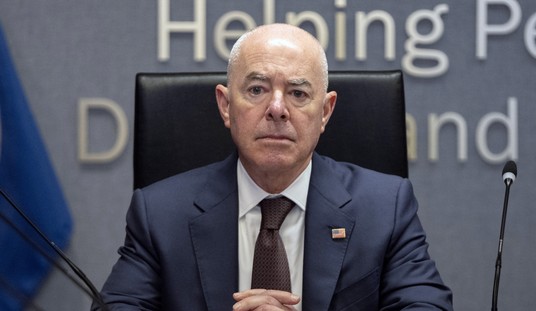We have not experienced the loss of life and property involved in the Civil War that resulted from the vicious struggle between the North and the South. But no one can deny that the anger, hatred, and division we now are seeing is contributing to an increased coarsening of America.
Our united commitment to form a more perfect union never envisioned that we would all agree on anything but the freedom to openly express our views. We have been, for most of our history, united in ensuring our freedom to disagree and to protect that freedom for those who disagreed with us. Unfortunately, it seems our E Pluribus Unum is giving way to E Pluribus Duo---Out of many two who clearly hate each other and want nothing to do with uniting with those other SOB’s.
Democrats, in the absence of clear leadership and the failure of their “hate Trump” campaign to win the 2024 election, seem to be settling for an escalation of swearing, disruption, hateful rhetoric, and renewed calls for impeachment. And as much as I support the primary policy objectives and applaud the first 100 days of President Trump, his persistent attacks on the left only add fuel to our division.
Just taking a stroll down X feeds or Facebook posts will give you an unending supply of quick, unchecked emotional messages that inflame rather than inform. The media, in all its forms, is playing a constant role in ratcheting up the divide. In light of such present realities, how do we stem the tide of the coarsening of America?
I can’t help but believe that most Americans on both sides of our divide feel uncomfortable with the extreme hateful attacks and violent demonstrations that they witness. American Christians should be dismayed. Our faith calls us not to hate but to love as Jesus loved. We are not just called to love those who agree with us. We are to love our “enemies,” even those who demean and persecute us.
Recommended
Putting that into practice means not demonizing others in discourse or in columns. That means praying for my “political enemies.” After all, showing respect, tolerance, and a little love does not require agreement or the approval of their policies or actions. It just means that we can stand firm but still show a little forgiveness, goodwill, and a healthy dose of humility.
Never forget that the “haters” in this world already pay a heavy price in their health and daily angry attitude as a result of the hatred that they continually carry in their hearts. But we wish such hateful division was not so prevalent.
There are times in our history of great division, that our leaders found a way to fight for a better union capable of rekindling the American Dream for all our citizens.
One such leader was President Abraham Lincoln. It may be time to reflect on the words of his second inaugural address enshrined on the wall of the Lincoln Memorial. He found a way to appeal to the better angels of our nature..
Lincoln delivered his second inaugural address on Saturday, March 4, 1865, at a time when victory over the South was within days. Lincoln did not speak of triumph, but of sadness. Some suggest that he was planting the seeds of reconstruction he would never get the opportunity to see come to be. There was no talk of harsh treatment for the defeated rebels. Instead, he reminded his listeners of how wrong both sides had been in allowing differences to result in the loss of so many lives.
Lincoln borrowed on words attributed to Jesus when he said, "but let us judge not, that we be not judged." His closing paragraph of his address contained two admonitions adapted from Scripture: "Let us strive on to... bind up the nation's wounds," a reworking of Psalm 147:3, and a calling "to care for him who shall have borne the battle and for his widow and his orphan," echoing the sentiments from James 1:27.
He knew that both sides are often sure of their being in the right and claim God’s support. He said, “The will of God prevails—In great contests each party claims to act in accordance with the will of God. Both may be, and one must be wrong. God cannot be for, and against the same thing at the same time. In the present “civil war,” it is quite possible that God's purpose is somewhat different from the purpose of either party….”
Lincoln's call to a new more forgiving and united vision of the future rejected the sentiments popular at the time. In the popular mind, both sides of the Civil War assumed that they could read God's will and assumed His favor in their opposing causes.
America needs to be reminded of Lincoln’s call for civility and forgiveness. We need more caring citizens willing to search for common ground and bridge across our divide. We need to dialogue, seeking first to understand and not just prove ourselves right. We need to reclaim our freedom of speech that treasures civility. It’s time to reject the haters and celebrate our much-needed peace makers. No citizen should have to compromise their opinions. We must care enough to once again affirm the right to strong opinion and the civic responsibility to fight for the same right of others to do the same without giving way to hate. We can’t let hate win.
Terry Paulson is PhD psychologist, professional speaker, and author of The Optimism Advantage and his new political novel, The Summit. Contact him at terry@terrypaulson.com.























Join the conversation as a VIP Member